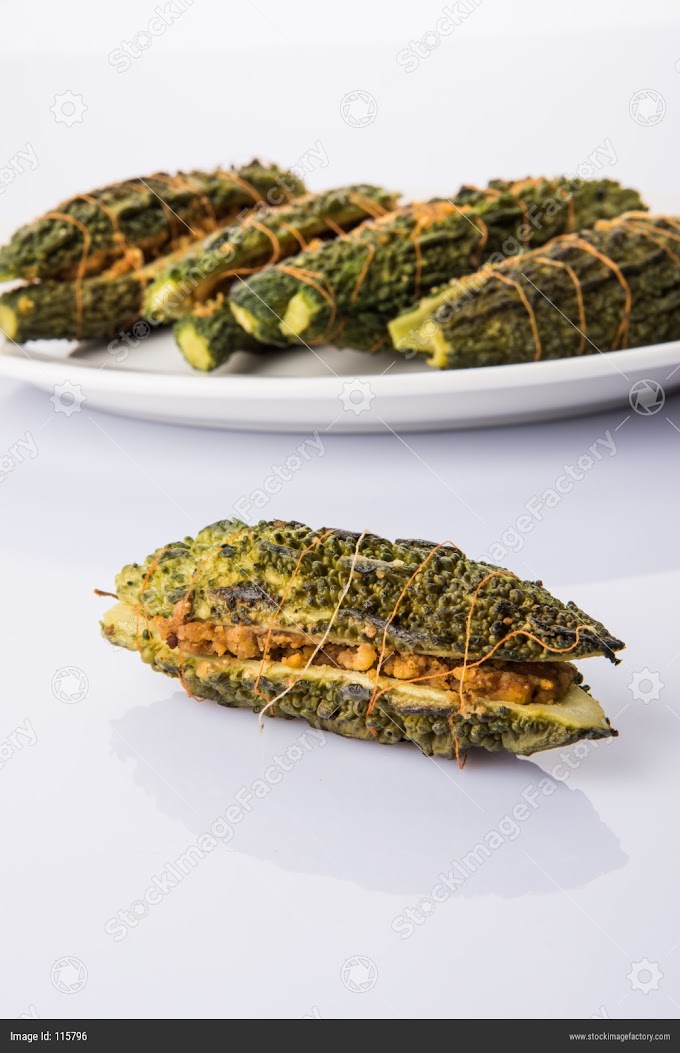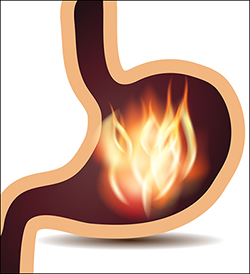Ayurvedic Food part-3
Ayurvedic Food classification and general rules of Eating
By Dr Kavita Vyas, (MD ayurveda)
Food in ayurveda are classified by their qualities or gunas and taste or rasa
Rather than approaching diet from the stand point of calories or particular nutrients in food s as is done in the west, an ayurvedic diet is based more on the intuitive sense of the, what is attractive to individual by smell, taste, temperature and texture. Trusting that when the body is healthy it will attracted to the foods which is more appropriate for it self.
SIX TASTES [RASA] AND QUALITIES OF FOOD.
There are six rasas or tastes.-Sweet [madhur], sour [amla], salty [lavana], bitter [tikta], spicy [katu], astringent [kashaya].
Qualities of Food in Ayurveda
Gunas
.There are six main gunas. -vy[guru],light[laghu], dry[ruksha],oily[shlakshna], hot [ushna], &cold[shit].
However all tastes and qualities should be present in one meal the portions of each varying to balance the dominant dosha of the individual. Paying attention to the gunas and taste in your meals helps you to easily plan the perfect meal .Use your imagination, intuition and intelligence when planning a meal.
General Precautions
Precautions to be taken
-Wash your hands and face before eating.
-Take warm, easily digestible food. Avoid stale or refrigerated food. Include seasonal fruits in your diet.
-Foods are primarily heavy or light; it can be made lighter through the use of spices or by consuming less. Foods also are drying or moistening. They can be made dried by evaporation or dry preparing them; they can be made moist by the addition of liquids or oils.
-Avoid acidic food. It is harmful to the entire system. Everything in the human body is alkaline in nature.Non – vegetarian food is highly acidic and very hard to digest. Avoid them. Be on a vegetarian diet. Fruits and vegetables are digested in a short time. Most fruits and vegetables are alkaline. Vegetables contain natural salts, minerals and vitamins. The fibres in the vegetables are very good for digestion.
-Avoid fast food, instant food, junk food and coke.
-Avoid unsaturated oils, white bread, white sugar and tinned and canned foods as far as possible.
-Avoid the use of Aluminium vessels. Steel and copper vessels are better.
-When there are any signs of improperly digested food or ama, such as bad breath, heavily coated tongue, gas, cloudy urine, nausea, or digestive upset, it is best time to clean the system and balance itself by fasting for a day or skipping a meal until a sense of appetite returns.
-Proper fasting (once in a week, a fortnight or a month, depending on one’s general health, prakruti e.t.c.) is good. It helps to cleanse the system. Drink lots of fruit juices, tender coconut water and other fluids on the days of fasting.
-The importance of water has not to be neglected. But do not drink water an hour before and half an hour after food. Drink maximum half a glass of water immediately after food.
-Do not eat anything before sunrise and late night, after 11 0’clock.as far as possible. Include lots of fruits, vegetables (cooked and uncooked) in your diet.
-Chew the food properly. Do not eat too fast or too slow.
-Eat in a calm, quiet atmosphere. Meal should not be taken when nervous, anxious or afraid .When excessively thoughtful or worried.
- Attention should be given to eating, watching television, reading or other forms of nervous stimulation should be avoided during meal. Do not engage yourself in any serious conversation while eating. Sit with the eyes closed and relax before you start eating.
-Eat alone or with friends and family in whose company you can completely relax. Eat in a quite, clean place. Facing east when eating maximizes the energy of digestion.
-Listen to classical music or Indian music, or other soothing music which will be helpful in setting the mood for dining.
- Sip warm water with your meal to aid digestion. Never drink ice water or milk with your meal.
-Use ginger to help in increasing your appetite. Eat food of all six tastes. [Sweet, sour, salty, bitter, spicy, astringent].
- Eat local, seasonal fresh fruits & food whenever pos sible. Avoid excess sour or fermented foods, especially yeasted bread.
- Food needs to be tasty and easy to digest. Food needs to be taken in proper amounts - not too much or too little.
- Give thanks for what you are about to eat and extend that good feeling in to your food. In India before eating generally spiritual people chant a verse from Bhagwat Gita which means The food is Brahman, one means by which it is going in the digestive fire is also Brahman, the digestive fire it self is Brahman, act of eating is also Brahman, the person who is eating is also Brahman, such a person is established in Brahman, while performing actions the goal to be reached by him also Brahman. [The original verse is written in context with yagna]
Food has to be given reverence. Food is more important than medicine. If we eat the right food, the need for medicines does not arise at all.
Above all, enjoy the food, whatever it is!Give thank at the end of the meal. Clean the mouth, rinse the eyes, and take a short walk.
Drinking water is important for Health
Water
We all know that water is important but I've never seen it written down like this before. Even MILD dehydration will slow down one's metabolism as much as 3%.
One glass of water shuts down midnight hunger pangs for almost 100% of the dieters studied in a U-Washington study.
A mere 2% drop in body water can trigger fuzzy short-term memory, trouble with basic math, and difficulty focusing on the computer screen or on a printed page.
Drinking 5 glasses of water daily decreases the risk of colon cancer by 45%, plus it can slash the risk of breast cancer by 79%, and one is 50% less likely to develop bladder cancer.
Are you drinking the amount of water you should drink every day
see health related Youtube videos




![ACHARA RASAYAN in Ayurveda [Behavioural regimen which acts as Rejuvenation]](https://blogger.googleusercontent.com/img/b/R29vZ2xl/AVvXsEgWmm8CupFTu_vyWDtEsY9EdG8A-ZlQLOdx6lrm4qnctDJ1bli1zR7MQMebwL79XhXowikAcqIk-al0sQubhTttS6H69e3zIBK-UORc5BFH9eaWwkznPG-yWHqoQ-za1gNhVqwgwomwUiKA/w680/Screenshot_20191227-154658_YouTube.jpg)

0 Comments